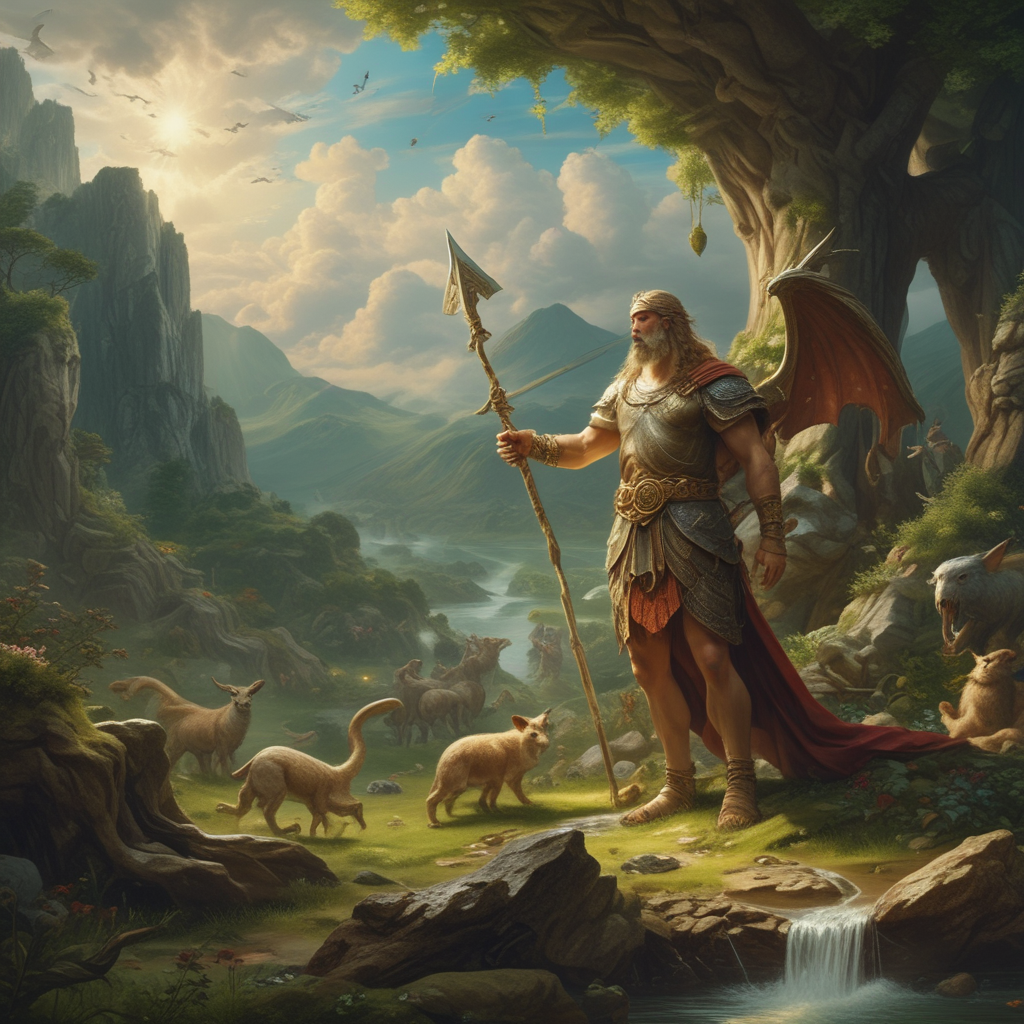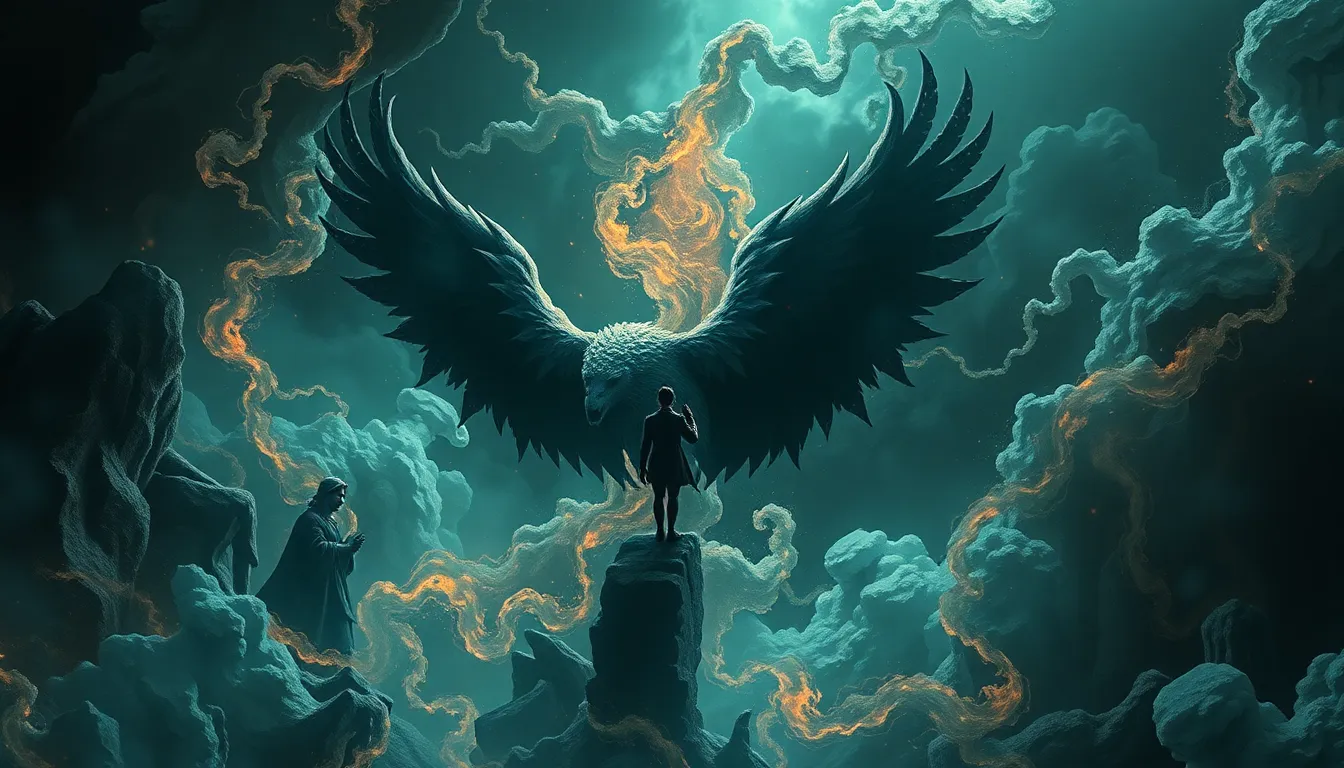The Influence of Gaulish Mythology on Celtic Stories
1. Understanding Gaulish Mythology:
Gaulish mythology, the belief system of ancient Celtic peoples in the region that encompasses present-day France, Belgium, Luxembourg, and parts of Switzerland, has had a profound influence on Celtic stories. Gaulish mythology consisted of various gods, goddesses, and spiritual beliefs that were later melded with Celtic traditions due to the extensive interaction between Gauls and other Celtic tribes. Deities like Cernunnos, the god of animals and the underworld, and Epona, the goddess of horses, found their way into a shared Celtic religious landscape that influenced the storytelling of the Celts.
2. Integration with Celtic Tradition:
The assimilation of Gaulish mythological elements into Celtic culture resulted in a rich tapestry of folklore and legends. This fusion gave rise to characters and narratives that reflected both Gaulish and Celtic influences, blurring the lines between the mythologies of the two groups. Stories interwoven with Gaulish themes typically contained aspects of nature worship, heroism, and the supernatural, shaping the storytelling traditions of the Celtic people across regions.
3. Common Themes and Symbols:
Gaulish mythology introduced unique themes and symbols that became recurrent motifs in Celtic stories. The reverence for deities associated with nature, like the goddess Sequana linked to healing springs and rivers, seamlessly merged with Celtic reverence for natural elements and landscapes. Symbols such as the Celtic Tree of Life, inspired by Gaulish tree worship practices, and the belief in shapeshifting beings like selkies and werewolves found resonance in stories that bridged the Gaulish-Celtic mythological divide.
4. Legacy in Modern Interpretations:
The enduring legacy of Gaulish mythology in Celtic storytelling continues to inspire modern interpretations in literature, art, and popular culture. Artists and writers draw upon the rich tapestry of Gaulish-Celtic myths to create captivating narratives that resonate with audiences today. By exploring the intertwined mythologies of Gaulish and Celtic traditions, contemporary works pay homage to the enduring influence of Gaulish mythology on the storytelling heritage of the Celtic peoples.
FAQ: Gaulish Mythology Influence on Celtic Stories
What is Gaulish mythology?
Gaulish mythology refers to the beliefs, legends, and stories of the Celtic people who inhabited the region known as Gaul, encompassing present-day France, Luxembourg, Belgium, and parts of Switzerland, Italy, Netherlands, and Germany.
How did Gaulish mythology influence Celtic stories?
Gaulish mythology significantly influenced Celtic stories by intertwining deities, folklore, and cultural elements. Many Gaulish gods and goddesses were incorporated into Celtic mythology, enriching the narratives with new characters, themes, and motifs.
What are some examples of Gaulish elements in Celtic stories?
Examples of Gaulish influence on Celtic tales include deities like Cernunnos, Epona, and Belenus, as well as themes related to nature, warfare, and the afterlife. Symbols such as the triskele and beliefs in sacred groves also reflect Gaulish contributions to Celtic folklore.
Why is understanding Gaulish mythology important in Celtic storytelling?
Understanding Gaulish mythology is crucial in Celtic storytelling as it provides insights into the rich tapestry of Celtic culture, beliefs, and traditions. By recognizing the Gaulish influence, we can appreciate the interconnectedness of ancient mythologies and the evolution of storytelling through the ages.



